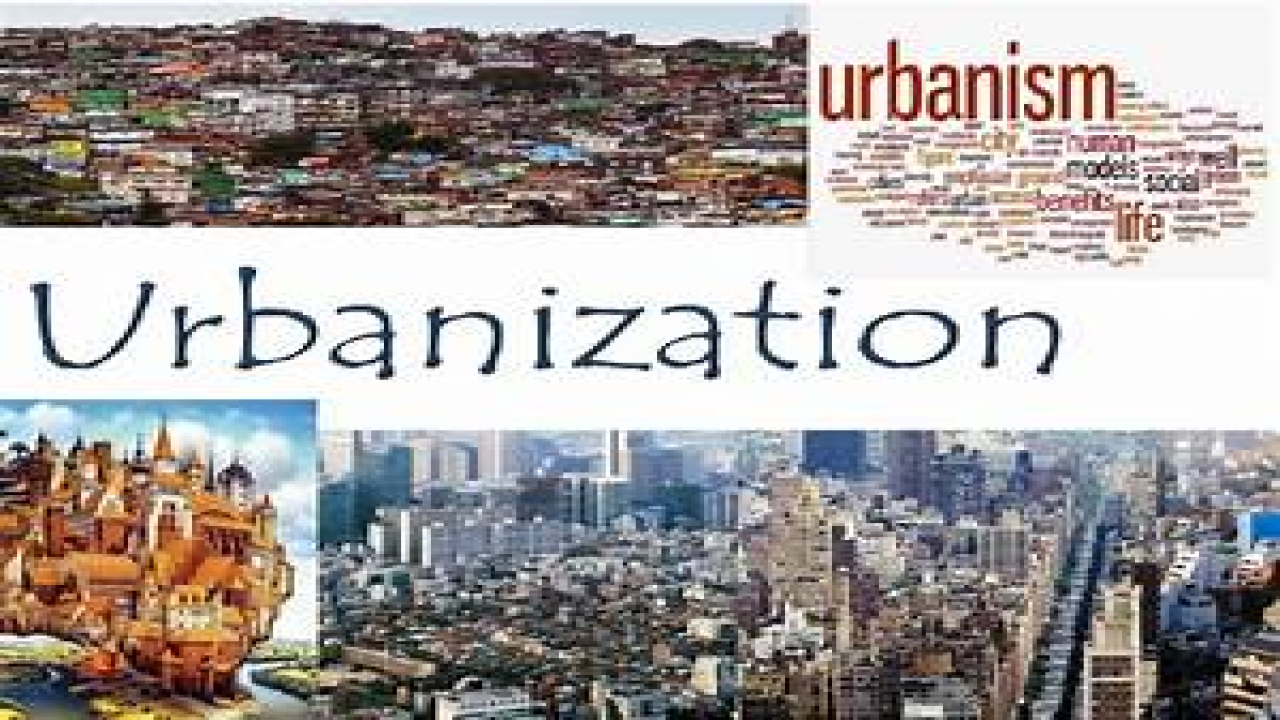Problems of Urbanization
Urbanization refers to the process of population growth and the concentration of people in urban areas. While urbanization has been a driver of economic growth and development, it has also led to a variety of social, economic, and environmental issues.
Problems of Urbanization
- Overcrowding: Urbanization has led to overcrowding in many cities, with high population densities leading to issues such as traffic congestion, inadequate housing, and limited access to public services and amenities.
- Economic Inequality: Urbanization can exacerbate economic inequality, with high-income areas often located in close proximity to low-income areas. This can lead to social segregation and limited access to public services and amenities.
- Environmental Degradation: Urbanization can have a significant impact on the environment, with issues such as air pollution, water pollution, and climate change being major concerns.
- Social Isolation: Urbanization can contribute to social isolation and a lack of community cohesion, as high-density development and a focus on individualism can limit opportunities for social interaction and engagement.
- Inadequate Infrastructure: Urbanization can lead to a lack of basic infrastructure such as public transportation, affordable housing, and access to healthcare and education. This can lead to social and economic inequality and limit the livability of urban areas.
Remedies for Problems of Urbanization
- Compact, Mixed-Use Development: Promoting compact, mixed-use development can help to reduce the negative impacts of urbanization by creating more walkable, bikeable communities that are accessible to public transportation and public services.
- Affordable Housing: Addressing the issue of inadequate housing by promoting the development of affordable housing and providing housing subsidies to low-income residents.
- Sustainable Transportation: Promoting sustainable transportation options such as public transportation, bike-sharing, and carpooling can help to reduce traffic congestion and air pollution.
- Green Spaces: Promoting the development of green spaces such as parks and gardens can help to improve the quality of life for residents and reduce the negative impacts of urbanization on the environment.
- Access to Public Services: Ensuring that all residents have access to basic public services such as healthcare, education, and sanitation can help to promote social and economic equality and improve the livability of urban areas.
Examples of Successful Remedies for Problems of Urbanization
- Curitiba, Brazil: Curitiba is known for its successful sustainable transportation system, which includes a network of bus rapid transit (BRT) routes, bike-sharing programs, and pedestrian-friendly streets. The city has also developed a network of green spaces, including parks, plazas, and gardens.
- Amsterdam, Netherlands: Amsterdam is known for its compact, mixed-use development, with a focus on walkability, bikeability, and public transportation. The city has also invested in affordable housing and public services to promote social and economic equality.
- Copenhagen, Denmark: Copenhagen is known for its extensive network of bike paths and pedestrian-friendly streets, which has helped to reduce traffic congestion and air pollution. The city has also invested in green spaces, public transportation, and affordable housing to promote sustainability and livability.


